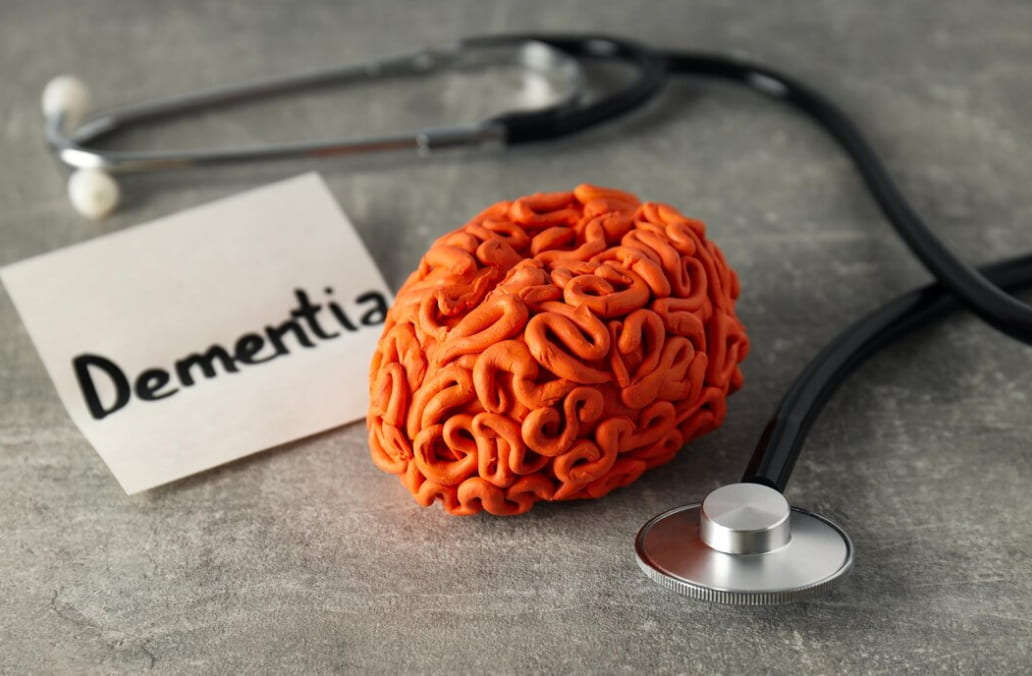Caring for a loved one with early-onset dementia is a profound and often challenging responsibility. This guide aims to provide comprehensive information and practical guidance for family caregivers who find themselves navigating this complex journey. We will explore various aspects of early-onset dementia care, from understanding the condition to creating a safe and supportive environment, managing medical and daily care, addressing legal and financial considerations, and seeking valuable support and resources.
Understanding Early-onset Dementia
Early-onset dementia, sometimes referred to as young-onset dementia, is a condition in which individuals develop dementia symptoms before the age of 65. It’s important to recognize the signs and symptoms early to ensure timely diagnosis and appropriate care. These symptoms may include:
- Memory loss, particularly in recent events;
- Cognitive decline, such as difficulty with problem-solving;
- Changes in behavior, mood swings, or personality changes.
Diagnosis and Medical Assessment
Diagnosing early-onset dementia involves a thorough evaluation by medical professionals, typically neurologists or geriatric specialists. The diagnosis process includes:
- Recognizing the Signs: Family caregivers play a crucial role in recognizing and reporting the early signs of dementia. These may include forgetfulness, confusion, or difficulty with daily tasks;
- Consulting a Medical Professional: Once signs are observed, consult with a healthcare provider to initiate the diagnostic process;
- Tests and Assessments: Diagnosis often involves cognitive tests, brain imaging (such as MRI or CT scans), and blood tests to rule out other potential causes of cognitive impairment.
Providing Emotional Support
Receiving a diagnosis of early-onset dementia can be emotionally overwhelming for both the affected individual and their family caregivers. It’s essential to acknowledge and address these emotions:
- Emotional Impact: Family caregivers may experience shock, grief, and fear when faced with the diagnosis. It’s crucial to recognize and validate these emotions;
- Seeking Support: Many caregivers find solace in support groups or individual counseling to help them navigate the emotional challenges associated with caregiving.
Understanding Their Perspective
Empathy and effective communication are essential when caring for someone with early-onset dementia. To provide the best support:
- Empathy: Try to put yourself in their shoes to better understand their emotions, frustrations, and struggles;
- Effective Communication: Learn techniques for communicating with patience and empathy, as individuals with dementia may have difficulty expressing themselves.
Creating a Safe and Supportive Environment
Creating a safe home environment is crucial to prevent accidents and ensure the well-being of your loved one with early-onset dementia. Consider:
- Safety First: Identify potential hazards and make necessary home modifications, such as removing tripping hazards, installing handrails, and securing cabinets containing dangerous items;
- Accessibility: Ensure that your home is easy to navigate, with clear pathways and labels to minimize confusion.
Daily Routines and Activities
Establishing a structured daily routine can provide a sense of security and reduce confusion for individuals with early-onset dementia. Consistency is key; maintain a daily schedule for meals, medications, and activities. Plan engaging and mentally stimulating activities, such as puzzles, music therapy, or reminiscence activities to help maintain cognitive function.
Managing Medical and Daily Care
Medication Management
Many individuals with early-onset dementia require medication to manage their symptoms. Proper medication management is essential. Create a medication chart or reminder system to ensure they take their prescribed medications on time. Be vigilant for possible side effects and report them to their healthcare provider promptly.
Nutrition and Hydration
A balanced diet and proper hydration are essential for overall health and well-being. Provide nutritious meals that include a variety of fruits, vegetables, lean proteins, and whole grains. Consider their dietary preferences and any swallowing difficulties when planning their meals. Adapt their diet if needed to accommodate specific dietary requirements or restrictions due to their condition.
Personal Hygiene
Assisting with personal hygiene tasks is another essential aspect of caregiving. Help them with daily hygiene tasks while respecting their dignity and independence. Provide clear instructions and gentle assistance when needed.

Legal and Financial Considerations
Power of Attorney
Addressing legal matters is vital to ensure that your loved one’s wishes are respected, both for healthcare and financial decisions. Consider establishing a power of attorney for both financial and healthcare decisions. This legal designation allows you to make decisions on their behalf when they are no longer able to.
Advance Care Planning
Discussing and documenting your loved one’s preferences for medical care in advance is crucial. Use legal forms such as advance directives or living wills to ensure their wishes are followed. These documents provide clear guidance on their healthcare decisions and preferences.
Financial Planning
Effective financial planning is essential to ensure that your loved one’s finances are managed efficiently. Review their financial situation and create a budget that accounts for current and future expenses, including healthcare costs. Explore government programs, insurance benefits, and financial assistance options that may be available to help cover the costs of care.
The Role of a Dementia Care Specialist
Caring for someone with early-onset dementia can be a complex and challenging task. This is where the expertise of a dementia care specialist can be invaluable. A dementia care specialist is a professional trained to provide specialized care and support to individuals with dementia and their families. Their role may include:
- Assessment and Care Planning: Dementia care specialists can assess the individual’s condition and create a customized care plan tailored to their specific needs;
- Education and Training: They can provide guidance and training to family caregivers on how to best care for their loved one with dementia;
- Behavior Management: Dementia care specialists are skilled in managing challenging behaviors often associated with dementia, such as aggression or agitation;
- Resource Coordination: They can connect families with relevant resources, support groups, and services to enhance the quality of care.
Incorporating the expertise of a dementia care specialist into your caregiving journey can significantly improve the quality of life for both you and your loved one with early-onset dementia.

Seeking Support and Resources
Connecting with support groups and organizations can provide valuable guidance and emotional support:
- Local Support Groups: Search for local dementia support groups in your area, where you can share experiences and gain insights from others in similar situations;
- Online Communities: Explore online forums and groups for caregivers, where you can connect with individuals facing similar challenges and exchange information.
Conclusion
Caring for a family member with early-onset dementia can be emotionally and physically demanding, but with the right knowledge and support, you can navigate this challenging journey effectively. By recognizing the signs, providing emotional support, creating a safe and supportive environment, managing medical and daily care, addressing legal and financial considerations, and seeking valuable support and resources, you can offer your loved one the best possible care and enhance their quality of life.



